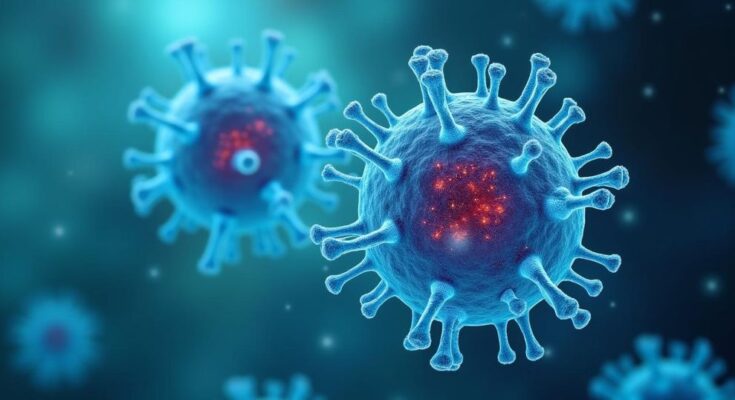Government actions have significantly reduced misleading advertising by stem cell clinics in Australia and Canada by 60%, showcasing effective regulation against unproven treatments. Despite this, the U.S. market continues to expand unchecked, raising concerns about patient safety and the credibility of stem cell therapies.
In a striking revelation, government interventions have proven effective in dismantling the fraudulent stem cell treatment industry. A recent study published in the journal Cell Stem Cell underscores that aggressive regulatory steps taken in Australia and Canada led to a remarkable cessation of approximately 60% of misleading advertisements from dubious stem cell clinics. Co-author Leigh Turner, from the University of California-Irvine Center for Health Ethics, emphasized the positive outcomes of these enforcement actions, suggesting that they can significantly reduce the presence of clinics pushing unproven stem cell therapies. The magical allure of stem cells, capable of transforming into various cell types—be it skin, muscle, or blood—has ignited a flurry of interest in their potential to treat diverse ailments. However, currently, legitimate stem cell treatments are restricted to a narrow spectrum of conditions, primarily blood cancers and immune disorders, as recognized by the International Society for Stem Cell Research. Despite these restrictions, a disturbing global trend has emerged: clinics springing up worldwide, promoting miraculous “cures” for an array of conditions ranging from joint pain to autism. In the constant battle between hope and reality, the U.S. has witnessed a surge in these establishments, ballooning from around 350 in 2016 to nearly 1,500 by 2021. Many of these clinics tout unproven therapies that involve isolating stem cells from patients’ blood, only to reinject them with untested claims of healing potential. Regrettably, such practices have led to serious health hazards, including infections arising from improper handling of these cells. Turner voiced concern, stating, “Interventions marketed by these facilities have in some cases caused serious physical and financial harms to patients.” The study meticulously tracked online advertising for stem cell therapies over five years, revealing that Australia’s ban on advertising stem cell treatments and Canada’s proactive cease-and-desist orders led to a drastic reduction in the number of clinics, leaving only 12 in Australia and three in Canada by 2023. In stark contrast, the U.S. landscape appears regretfully resistant to change, continuing to expand despite multiple warnings from the FDA. As experts consider solutions, Turner muses, “We don’t know whether comparable responses by regulators elsewhere might work in other countries, or if more forceful actions such as financial penalties and criminal prosecutions will be needed, but we are heartened by what we found studying regulatory responses in Canada and Australia.”
The rise of stem cell therapies has captured the imaginations of many, fueled by the potential to treat debilitating conditions. However, with limited approvals and legitimate scientific backing, a shadowy underbelly has emerged: clinics offering dubious treatments that run contrary to established clinical guidelines. Government actions in various countries serve as a critical reminder of the need for oversight in this burgeoning arena to safeguard public health.
The crackdown on fraudulent stem cell clinics in countries like Australia and Canada showcases the vital role of government regulation in protecting consumers from misleading therapies. As these nations have demonstrated, decisive action can effectively curb the proliferation of unproven treatments, highlighting the necessity for ongoing vigilance and stricter enforcement in other regions, particularly in the U.S. where such operations are still on the rise. Patients are urged to seek medical consultations before embarking on stem cell therapies from independent clinics.
Original Source: www.gjsentinel.com



